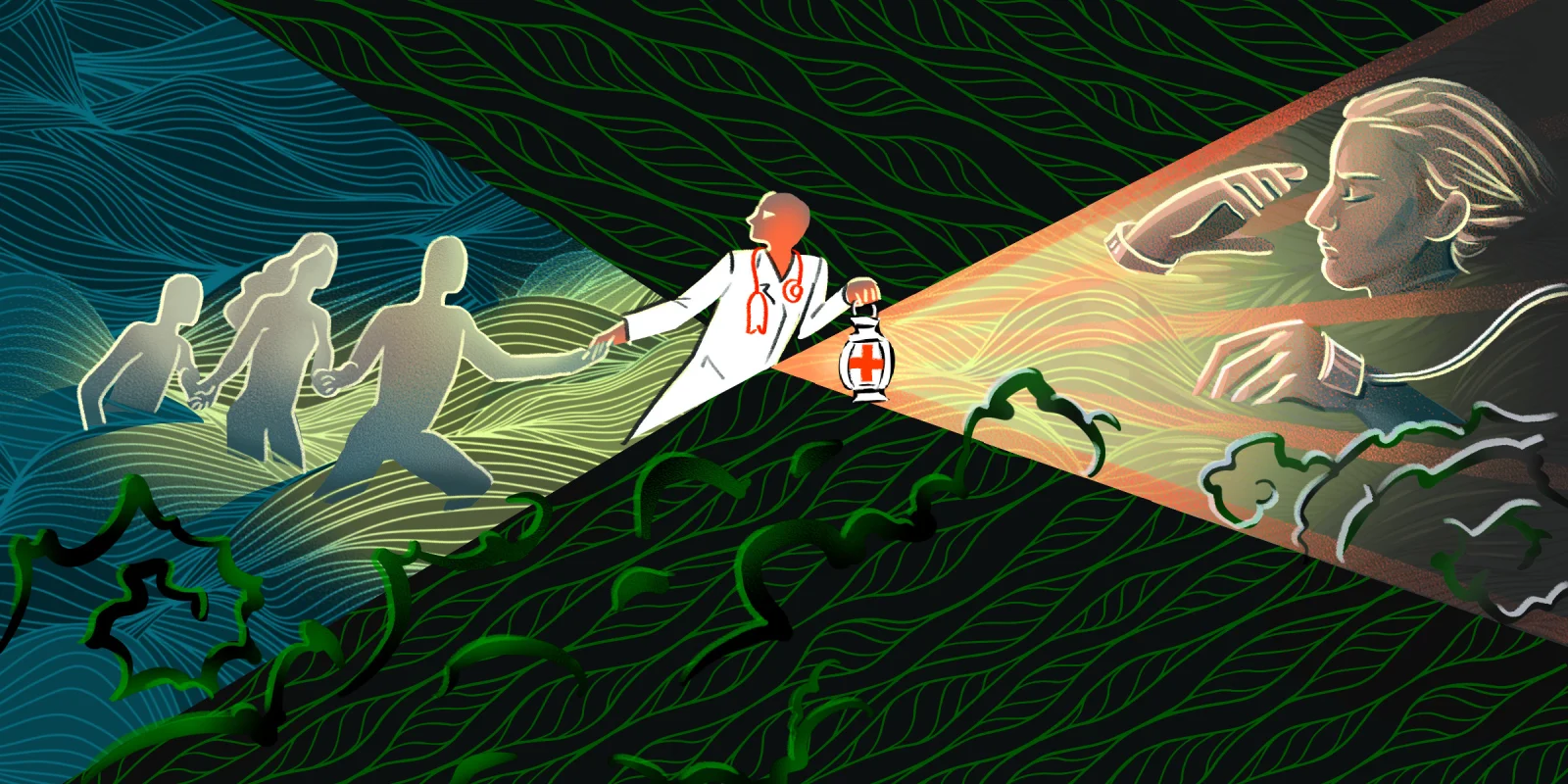I will admit, with all due respect to the memory of Oscar Wilde, that I have never seen a performance of “The Importance of Being Earnest.” My association with the title is that of the 2002 period rom-com, starring Reese Witherspoon and assorted British men, that aired before the Sunday Masterpiece Theater that was required watching for my mother. The full title of that play is, “The Importance of Being Earnest: A Trivial Comedy for Serious People.” This flippant turn of phrase, a title that is literally and intentionally about nothing important, outlines for me one of the most important aspects of practicing medicine. The duty to care for others is serious (indeed, anything but trivial), and the key to fulfilling the role of a physician is to be earnest — not the eager puppy earnestness of an un-jaded medical student, but the purposeful earnestness required to make it clear to patients that you want to take care of them.
I acknowledge this sounds preachy. It’s because I preach it to myself. In fact, it is what I tell myself when evening rounding drags way past dinner time, when the consult pager won’t stop going off, when a patient wants to have a long, anxiety-ridden conversation at 3 a.m. Which has happened. More than once.
I try my best with patients to make my role in their care clear, and to be explicit about my desire to help them, even if I can’t totally resolve their issues. I tell them what is expected of them in terms of participating in their own care, whether it’s reporting symptoms or ambulating or making every effort to attend scheduled follow-up visits. There are no dumb questions — but I’m honest when I don’t know the answer. I try not to dance around difficult topics and instead face uncomfortable conversations directly.
For example, when faced with repairing a machete wound to the head for a gentleman who was actively attuning to the voices only he could hear, my first step was to get on the same level. I walked into his room, introduced myself, and talked to him about sewing his head back together. I warned him it might be uncomfortable but I’d do my best to keep him updated as I was working and all he needed to do was relax and tell me if he was hurting. We spent two hours chit-chatting about whatever crossed his mind and he, to my astonishment, laid still as a statue. In the end, he taught me how to tell if people were aliens, and he escaped that particular melee with his scalp intact.
In another instance, the daughter of a patient with an unfortunately complicated surgical course kept firing nurses and generally freaking out. Every day I told her and the patient that I was sorry he was in this situation but that our team would not give up on him (both of which were true). I tried my best to be direct but kind about what was happening, and acknowledge that the situation was scary and frustrating. There wasn’t a lot I could do to fix it, but being open and honest helped. When I didn’t know the answers to their questions, I said so. When he was finally discharged, his daughter left me a card and willed me the paper snowflakes and Christmas lights that had decorated her father’s room in an effort to instill some holiday cheer. They now add some sparkle to our resident room.
This approach — earnestness — has not always worked. Once, a younger man with complex acute-on-chronic medical conditions was convinced he needed his tonsils out because they were killing him. From my perspective, and as a person who has taken out hundreds of tonsils, not only would taking out his tonsils not help his underlying issues, putting him to sleep for surgery could actually kill him. I spent an hour on several occasions trying to express to him my desire to avoid hurting him; he accused me of leaving him to die and asked me what I would tell his wife and kids after he passed. It was a startling response and I still wonder how I could have approached the situation differently. The time spent talking with him was not easy for me and required great effort. This is the cost of my approach; openness with patients leaves you vulnerable to barbs they might throw at you.
As might be evident from a childhood ensconced in rom-coms and Masterpiece Theater, I have not always been good at connecting with people. I honestly probably don’t have a lot in common with many of the patients I see, at least not on the surface. Over the years I’ve picked up on how to make small talk about sports or summer plans or what a patient wants to eat after they’ve been NPO for hours for surgery. But the lesson I’ve learned through the firestorm of residency is that if I am honest and empathetic, if I am earnest with those I care for, we — the patient and I — end up on the same side of whatever problem is facing them.
Have you found that honesty is always the best policy with patients? Or are there exceptions to every rule? Tell us whether "purposeful earnestness" works with your patients in the comments!
Heather is a fourth-year otolaryngology – head & neck surgery resident at the University of Kansas Medical Center. Her clinical interests include patient communication, medical education, and facial plastic and reconstructive surgery. Heather is a 2021–2022 Doximity Op-Med Fellow.
Illustration by April Brust







